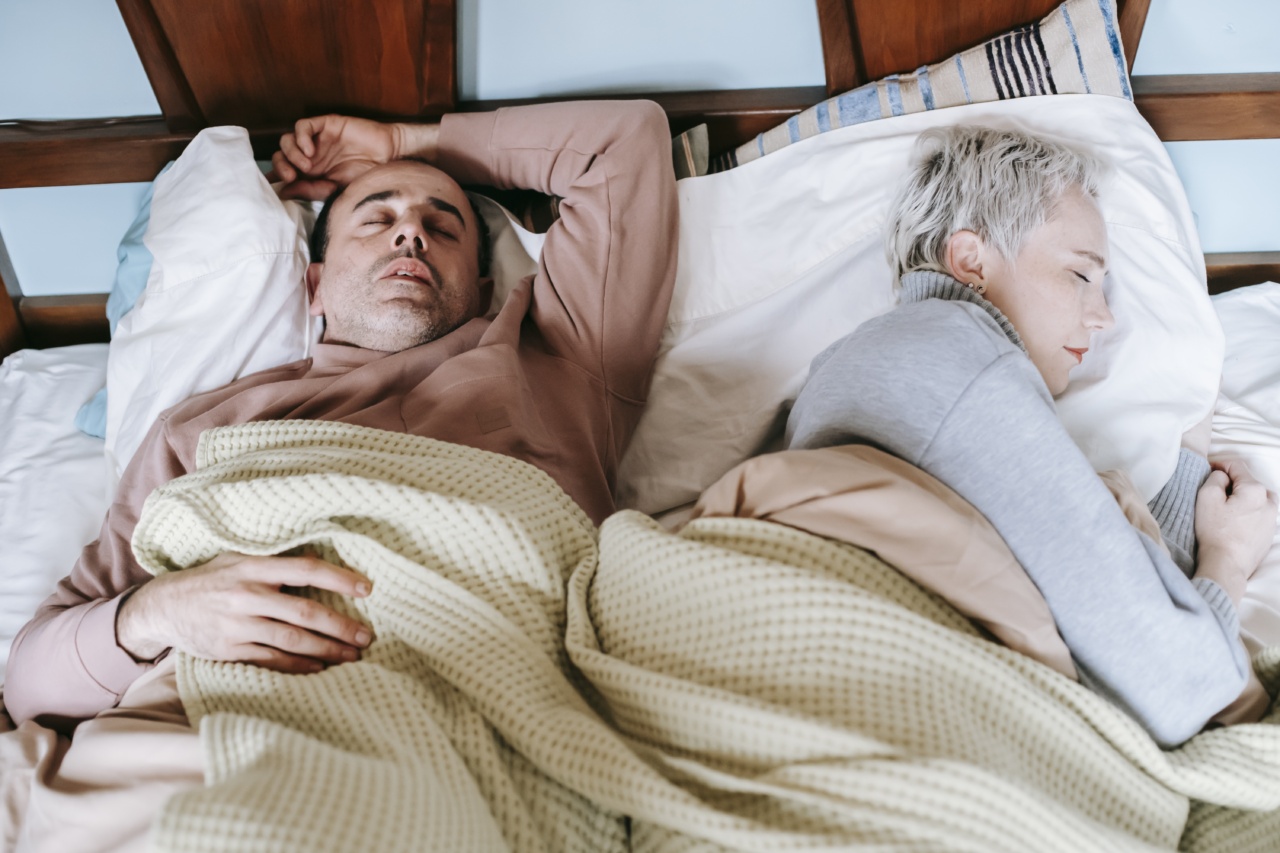As we grow older, our sleep patterns and quality tend to change. Many older adults find themselves experiencing difficulties falling asleep, staying asleep, or both. These sleep disturbances can have a significant impact on overall health and well-being.
Understanding how aging affects sleep quality can help individuals take steps to improve their sleep and maintain their health as they age.
1. Changes in Sleep Architecture
One of the primary ways aging affects sleep quality is through changes in sleep architecture. Sleep architecture refers to the different stages of sleep individuals go through during the night.
There are two main sleep states: rapid eye movement (REM) sleep and non-rapid eye movement (NREM) sleep, which can be further divided into three stages.
As individuals age, they tend to experience a decrease in the amount of time spent in deep NREM sleep and REM sleep.
This means that older adults may spend less time in restorative sleep and more time in lighter sleep stages, making them more prone to awakening throughout the night. These changes can lead to disruptions in sleep and overall reduced sleep quality.
2. Hormonal Changes
Hormonal changes associated with aging can also impact sleep quality. For example, the production of melatonin, a hormone that regulates sleep-wake cycles, tends to decrease with age. This can result in a reduced ability to fall asleep and stay asleep.
Additionally, older adults may experience a decrease in growth hormone secretion during sleep, which can affect sleep quality and contribute to the feeling of being less rested upon waking up.
3. Sleep Disorders and Medical Conditions
As individuals age, the risk of developing sleep disorders and medical conditions that can interfere with sleep increases.
Conditions such as sleep apnea, restless legs syndrome, and insomnia are more common in older adults and can significantly impact sleep quality.
Sleep apnea, for example, causes brief interruptions in breathing during sleep, leading to frequent awakenings and disrupted sleep. Restless legs syndrome causes uncomfortable sensations in the legs, which are usually alleviated by movement.
These sensations often worsen at night, making it challenging to fall asleep or stay asleep. Insomnia, characterized by difficulty falling asleep, staying asleep, or both, is also prevalent among older adults, further exacerbating sleep disturbances.
4. Lifestyle Factors
Lifestyle factors can play a significant role in sleep quality, and as individuals age, certain lifestyle changes may impact their ability to sleep well.
For example, decreased physical activity or changes in daily routines can affect the body’s circadian rhythm, making it harder to fall asleep and wake up at desired times.
Additionally, older adults may be more susceptible to medication interactions that can interfere with sleep.
Many common medications prescribed for age-related conditions, such as high blood pressure or heart disease, can have side effects that disrupt sleep patterns.
5. Emotional and Psychological Factors
Emotional and psychological factors, such as stress, anxiety, and depression, can affect sleep quality at any age. However, these factors may become more prevalent as individuals age, leading to increased sleep disturbances.
The loss of loved ones, retirement, and other life transitions can contribute to feelings of distress and restlessness, making it harder to achieve restful sleep.
6. Strategies to Improve Sleep Quality
Despite the challenges that aging may present for sleep quality, there are several strategies individuals can employ to improve their sleep:.
Establish a consistent sleep schedule: Going to bed and waking up at the same time every day helps regulate the body’s internal clock and promote better sleep.
Create a sleep-friendly environment: Make sure the bedroom is dark, quiet, and at a comfortable temperature to promote optimal sleep conditions.
Avoid stimulants: Limit caffeine, nicotine, and alcohol intake, especially close to bedtime, as these substances can interfere with sleep quality.
Engage in regular physical activity: Incorporating exercise into daily routines can help promote better sleep. However, it is essential to avoid vigorous exercise close to bedtime, as this can make it harder to fall asleep.
Practice relaxation techniques: Techniques such as deep breathing, meditation, and progressive muscle relaxation can help reduce stress and promote better sleep.
Seek treatment for underlying sleep disorders: If experiencing persistent sleep disturbances, it is essential to consult a healthcare professional to evaluate for and treat any underlying sleep disorders or medical conditions.
Conclusion
As individuals age, changes in sleep architecture, hormonal fluctuations, increased prevalence of sleep disorders, lifestyle changes, and emotional factors can collectively impact sleep quality.
Recognizing these influences and implementing appropriate strategies can help older adults improve their sleep and maintain better overall health. By prioritizing good sleep habits and seeking professional help if needed, older adults can enjoy better sleep quality and enhance their overall well-being.































